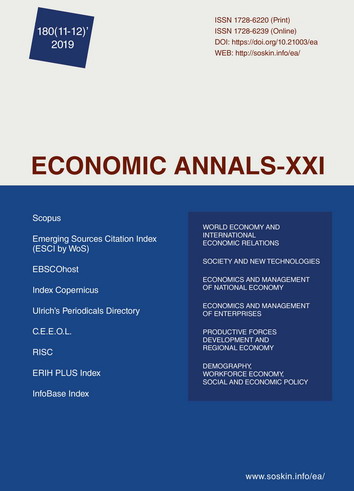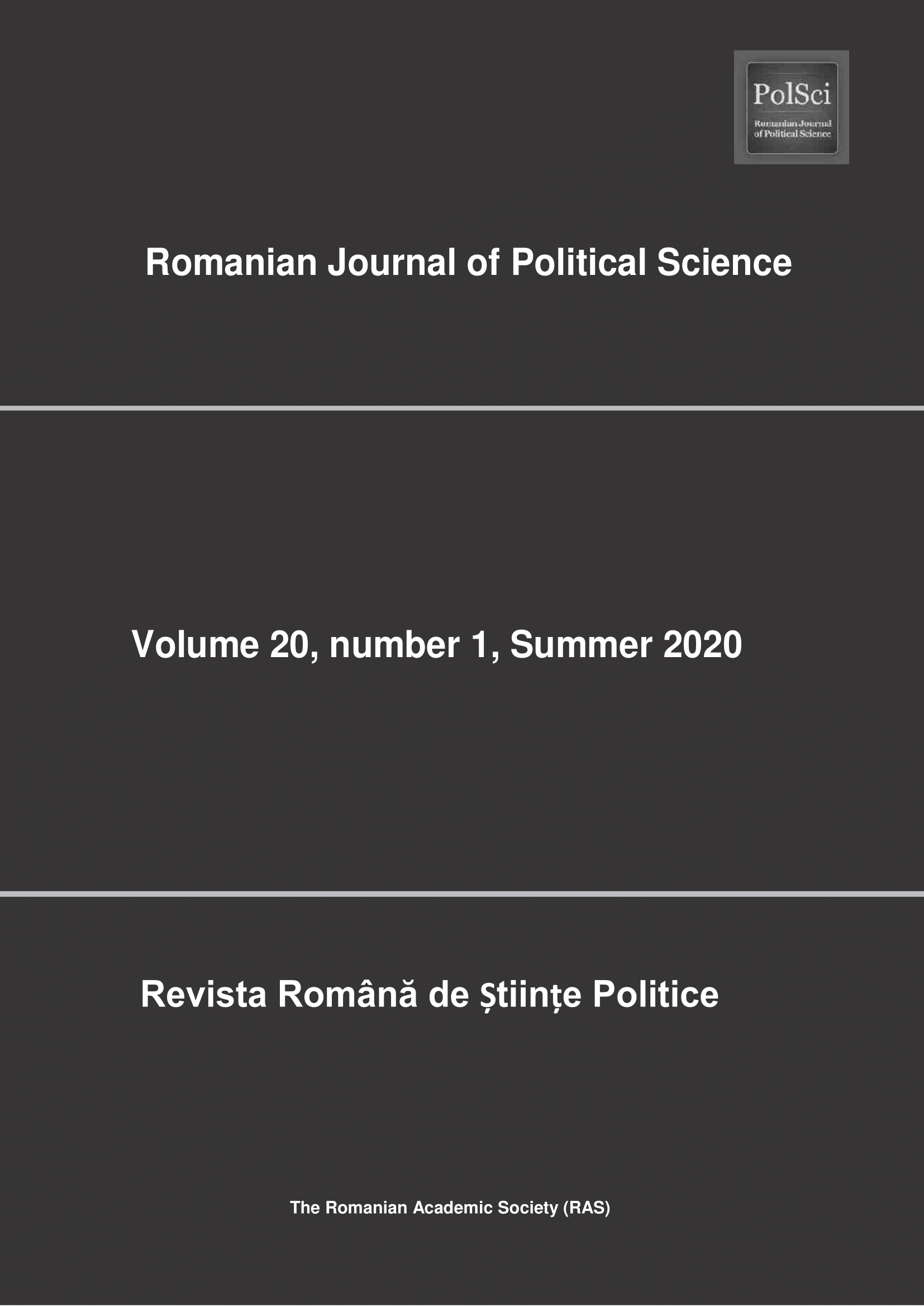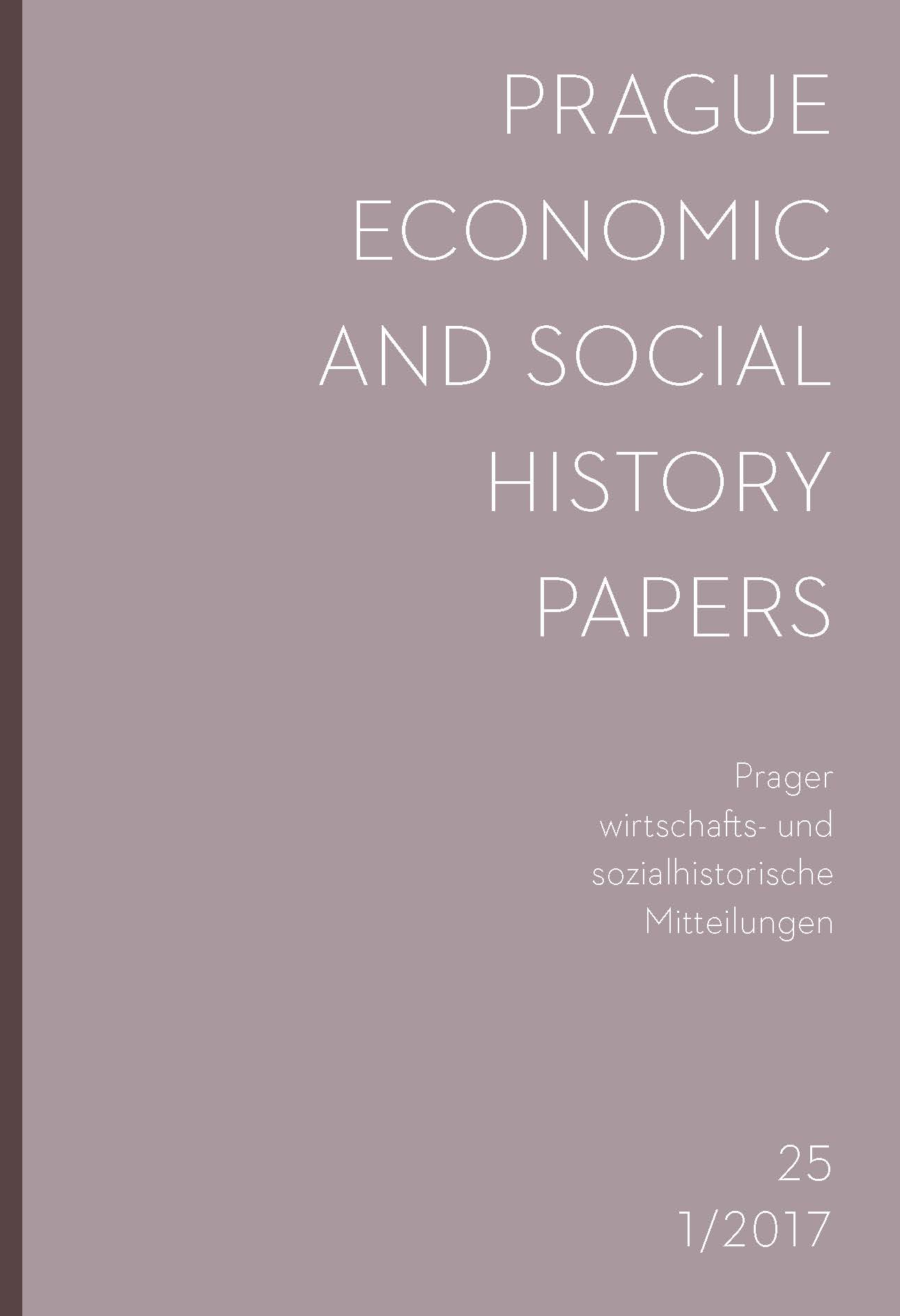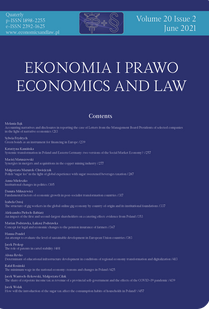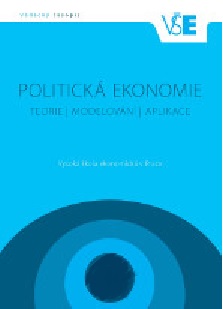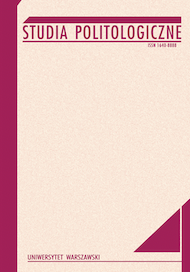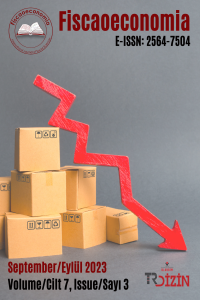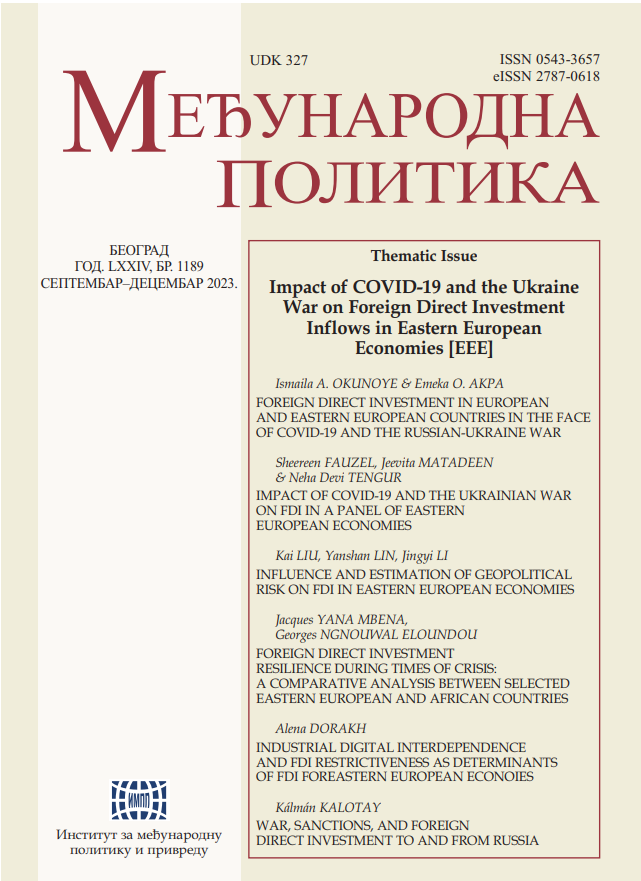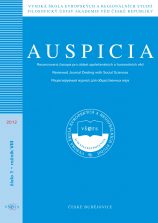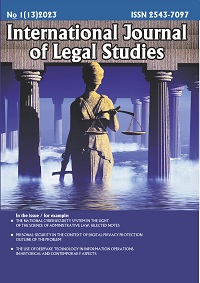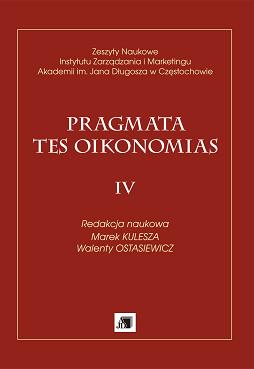
Kryzys zaufania w systemie finansowym
This study focuses on the problem of trust among financial institutions, banks and their clients. The main purpose is to analyze the level of trust and it’s role in financial sector. We will study, how current economic crisis influenced this level. The hypothesis of the study states, that financial crisis is the crisis of values as well, and therefore negative impact on the trust level was observed. The study presents trust as a part of social capital, lack of trust among members of the financial system, and instruments to change the current situation.
More...
